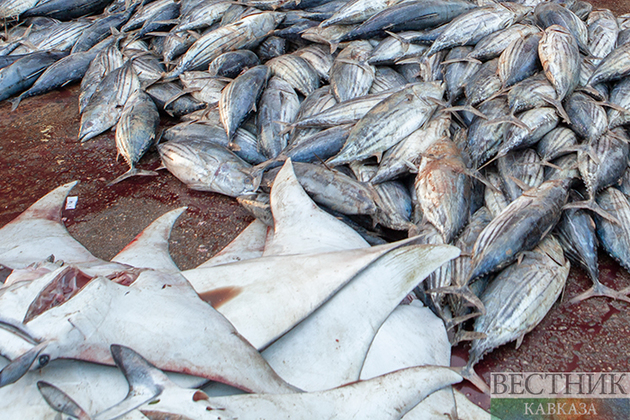Fish caught off the coast of Japan near Fukushima will be checked by IAEA specialists from three countries China, South Korea, and Canada, the Japanese Fisheries Agency reported.
"Each country will conduct its [own] analysis, but I am confident they will be able to confirm that [water quality] control in Japan is being carried out properly",
the Agency's representative said.
Samples of fish caught near Fukushima have already been collected. In total, six species of fish will be studied. Several batches have been selected, each weighing 70 kg. The fish in ice will be sent for research to Chiba, Japan, and to the corresponding research centers in each of the three countries. The results of the inspection of Japanese fish products will be summarized and presented in one report, NHK TV channel reports.
An international study aims to find out whether Japanese experts are measuring the levels of radioactive tritium in water correctly. At the same time, it is expected that the test results in three countries will be close to last year’s. High levels of tritium are not expected either in water, or, especially, in fish.
Let us remind you that Japan plans to release over 1.3 million tons of water from Fukushima into the Pacific ocean. The process began on August 24, the second stage - on October 5.
Shortly after dumping the second batch of tritium water into the ocean, Russia refused to purchase Japanese seafood.






